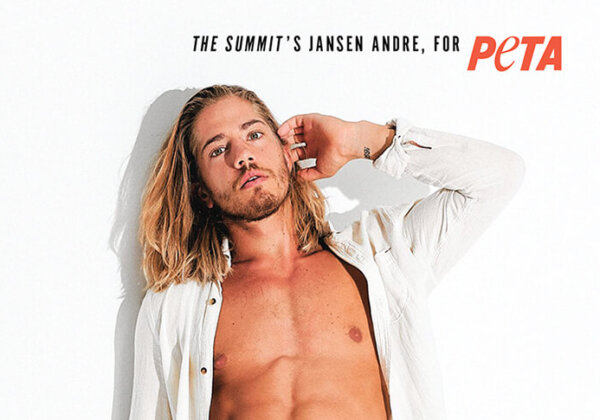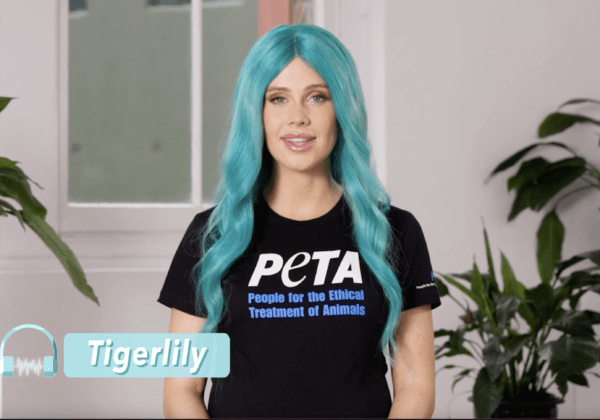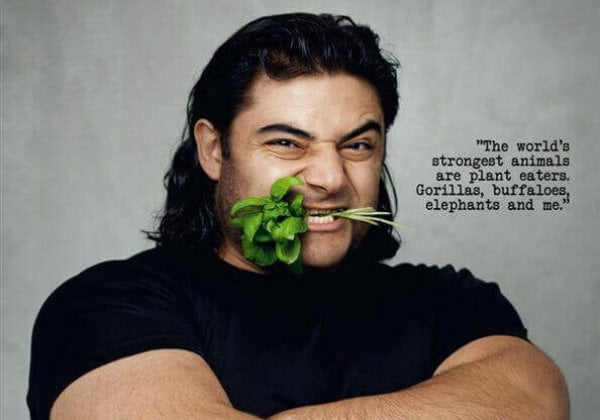Stella McCartney Gifts Gorgeous Coat to Sophia Loren
A special birthday gift is on its way from long-time PETA supporter Stella McCartney to screen icon Sophia Loren who turned 86 on 20 September: a luxurious, cruelty-free coat from McCartney’s new collection.
The coat is made with KOBA, the world’s first bio-based faux fur, created exclusively by ECOPEL.

PETA and McCartney hope to inspire Loren to follow the lead of Italian tastemakers, such as fashion editor Anna Dello Russo, who no longer wear fur. The most influential Italian names in fashion, including Armani, Prada, Versace, Furla, Gucci, and Elisabetta Franchi, have all sworn off fur – an industry which Gucci CEO and President Marco Bizzarri has called outdated.
Fur Is Cruel
Minks, foxes, and others exploited on fur farms are forced to live in cramped, filthy conditions before being tormented and slaughtered for their skin.
 © Jo-Anne McArthur | We Animals
© Jo-Anne McArthur | We Animals
Living in packed cages – far from their native homes and with no opportunity to play, jump, run, or do anything else that comes naturally to them – often drives these inquisitive, intelligent animals insane during their short lives. Fighting, self-mutilation, and cannibalism are common on fur farms.
Environmental Hazard
The fur industry doesn’t just put animals through a living hell before tearing off their skin – it’s also detrimental to the planet. A study of mink farms in Europe determined the impact of fur production with regard to 18 different environmental issues – such as the climate crisis, ozone pollution, and water and land use. For 17 of the 18 issues, fur was found to be far more harmful than any other material.
Producing 1 kilogram of fur has a carbon dioxide equivalent (CO2e) factor of about 130 to 140 kilograms, compared to around 6 to 7 kilograms of CO2e for 1 kilogram of faux fur.
Breeding Grounds for Disease
Filthy fur farms packed with sick, stressed, and injured minks are a breeding ground for disease, and facilities in the Netherlands, Denmark, and Spain, have seen outbreaks of COVID-19. The situation became so dire that the Dutch Parliament voted to close the country’s last remaining fur farms this year.
What You Can Do
Lash company Lilly Lashes knows the cruelty, environmental destruction and risk of disease that comes with the fur industry, and yet continues to sell fur eyelashes. Please join us in urging the company to ditch fur:







